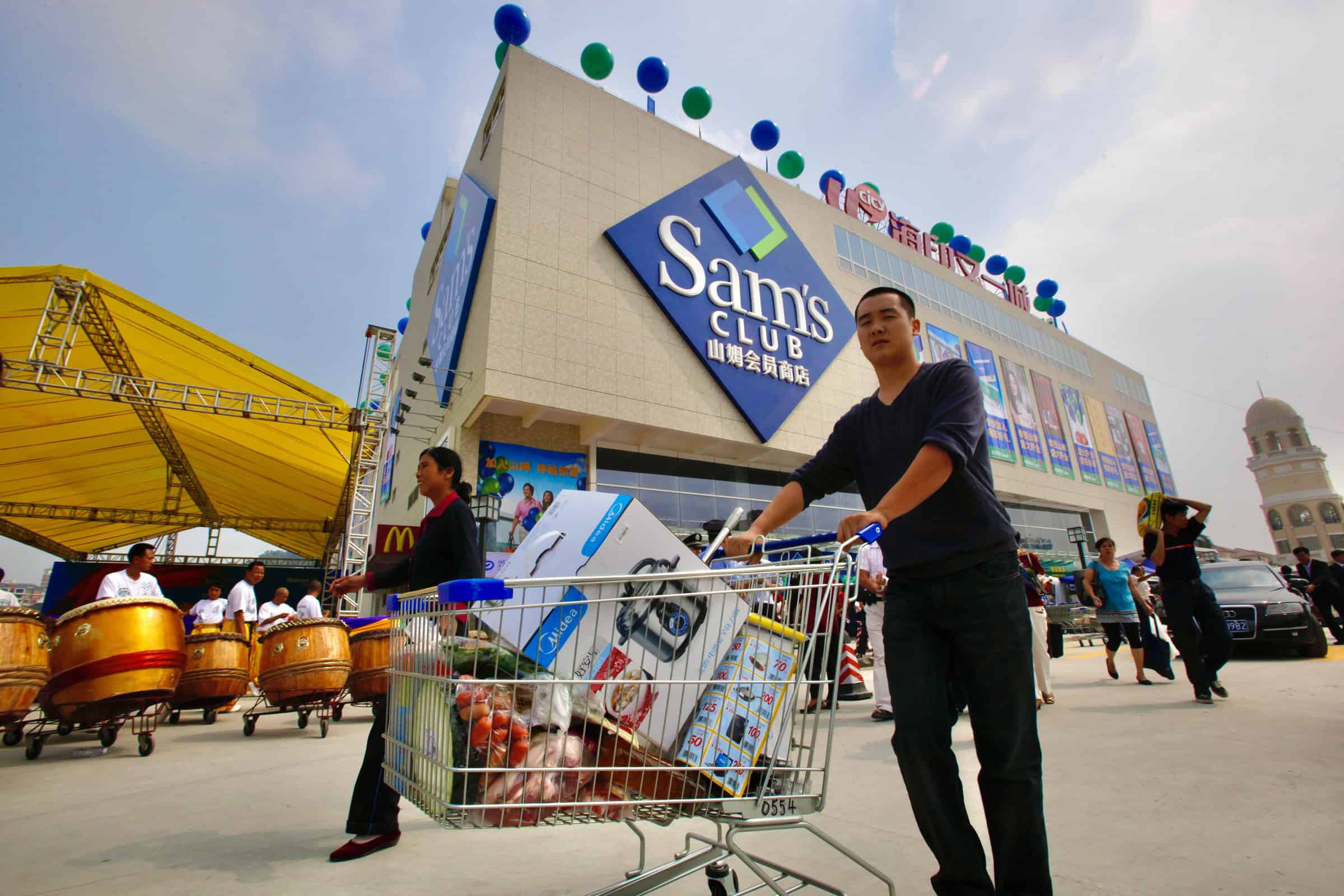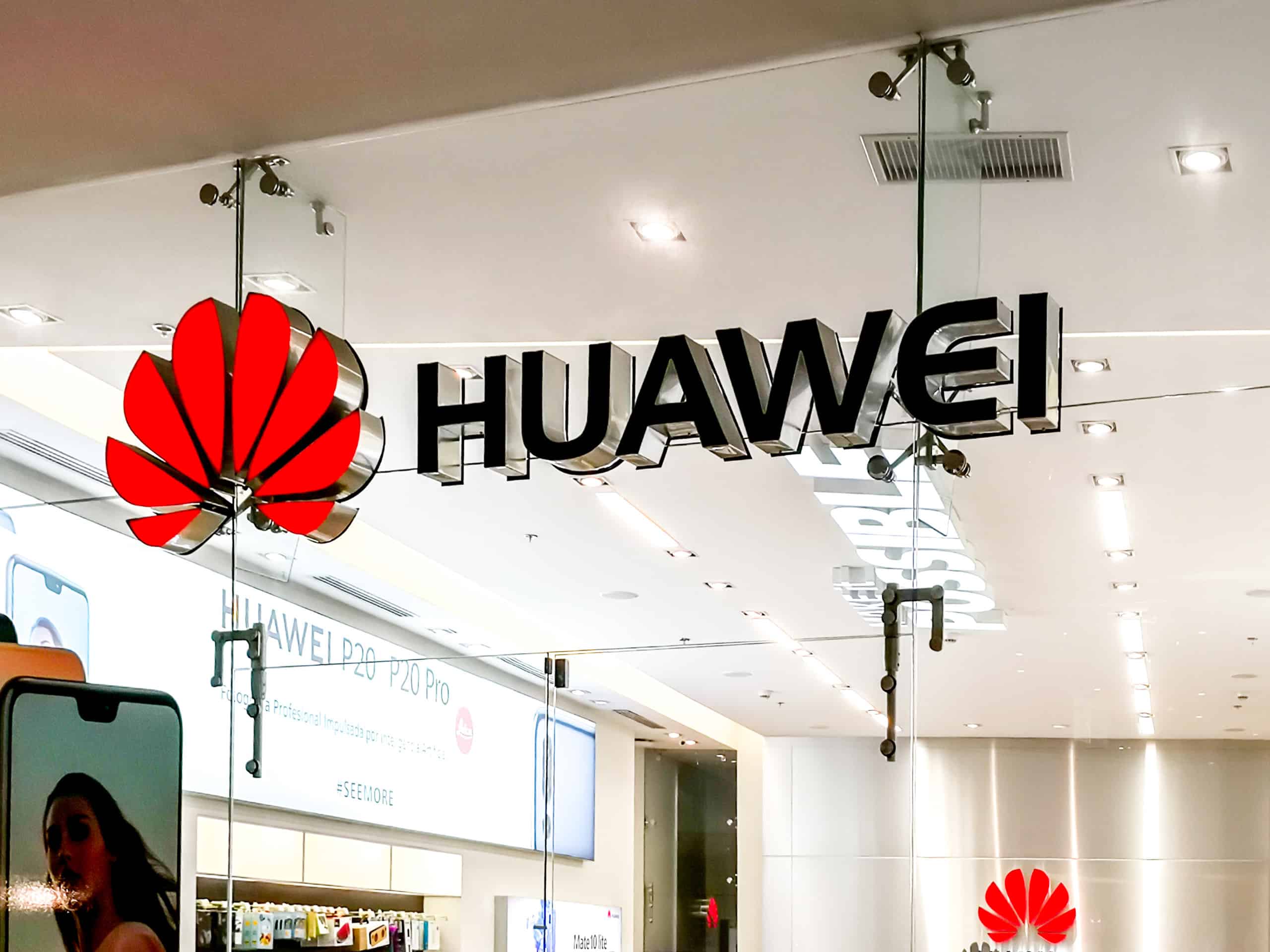Martin Wolf is a distinguished economist, journalist and author, best known for the columns he writes for The Financial Times from London. Oxford educated, and a former World Bank economist, Wolf has since the 1980s been at the FT, most recently as an associate editor and as the paper's chief economics commentator. For much of that time, he's been chronicling the ups and downs of globalization, in his columns and in books like, Why Globalization Works (2004) and most recently, The Crisis of Demo
Navigate China's Business Landscape with Confidence.
- Gain visibility into supplier risks
- Easily manage trade compliance
- Conduct in-depth due diligence



